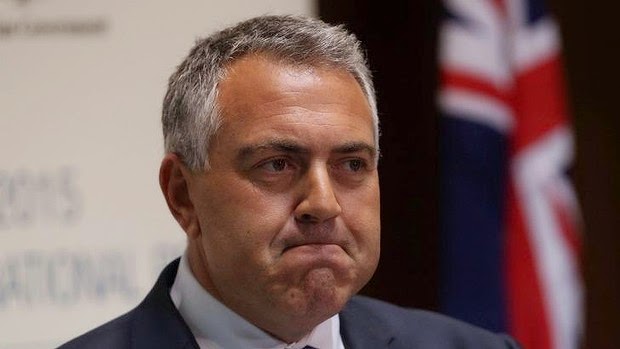
AUSTRALIAN households are sitting on a ticking time bomb of debt, exposing the economy to risks in the event of another financial crisis, according to new analysis.
The Australian reports household debt in Australia is equal to 130 per cent of GDP, compared with an average across the advanced world of 78 per cent, according to Barclays chief economist Kieran Davies.
Household debt was at 116 per cent of GDP before the global financial crisis and held steady until 2013, when the property boom set it rising again.
Mr Davies said Australia’s debt levels were rising when those of other countries were falling, and the predicted rate cuts were likely to push borrowing even higher.
Reserve Bank governor Glenn Stevens warned of the dangers of taking on excessive debt last year, saying “we would surely be asking for trouble if we see a big step up from where we are”.
“The tricky thing for the Reserve Bank is that promoting leverage is the key channel for the transmission of lower interest rates through to the rest of the economy,” Mr Davies said.
The high popularity of real estate investment in Australia compared with other countries is being driven by the availability of negative gearing tax concessions and favourable capital gains tax treatment.
The level of household debt is higher now than at any other time in Australia’s history, with records going back to the 1850s. The level of bank lending as a share of GDP is now more than double the share of the previous peak, which was during the 1890s land boom.





